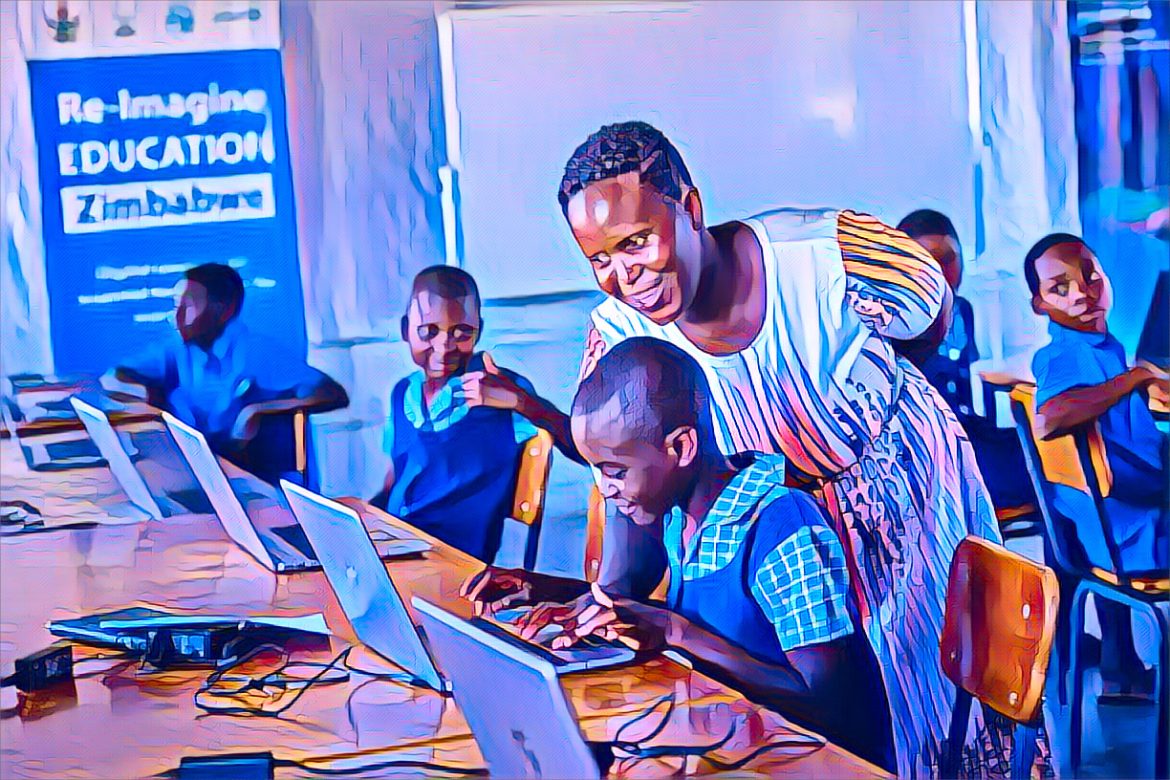KEY POINTS
- E-learning platforms are bridging gaps in Zimbabwe’s traditional education system.
- Challenges like high data costs and low internet penetration limit accessibility.
- Investments in infrastructure and digital literacy can enhance e-learning’s impact.
In the past few years, E-learning has extended its arm and becomes the creative solution in the educational sector in Zimbabwe in view of the difficulties in accessing good learning materials.
Due to the advancement in technology and enhanced use of the internet, these platforms have offered the student an opportunity to learn at their own convenience, access diverse educational content, and bridge gaps in traditional education systems.
However, challenges such as affordability, internet connectivity, and digital literacy continue to impact their effectiveness.
The growth of E-Learning in Zimbabwe
With the onset of COVID-19 disruptions, there has been a relative growth in e-learning in Zimbabwe.
Due to closures, schools and universities sought technical solutions for continuing education and are now using platforms that have become popular in Zimbabwe, such as EcoSchool and Shasha Network, with courses for students.
EcoSchool, developed by Econet Wireless, provides digital textbooks and learning materials to students, reducing the need for physical resources.
Currently, Shasha Network is working to build an information center where tutorial and quizzes can be made available online.
International cooperation has also paved way to the use of e-learning.
For example, UNICEF Zimbabwe has forged partnerships with local institutions to come up with strategies that would serve particular educational functions.
They will be useful for the schooling of an equitable education for children especially those in the rural areas who sometimes do not attend conventional schooling.
Benefits and challenges of E-Learning
Today, E-learning platforms provides many advantages for Zimbabwean students.
Due to their invention they have offered the learners an opportunity to access content at their ease in a more convenient time and place.
Synchronous conferencing and other applications include virtual learning environment and group discussion, which foster interaction and participation; while other aids include use of audio visual aids which suit different learning modes.
In addition, e-learning platform cuts down greatly on physical structures which are a major setback due to inadequate funding or no access in rural areas.
Despite these benefits, challenges persist. Affordability remains a major issue, as many students cannot afford the data costs required for online learning.
A report by Alliance for Affordable Internet reveals that Zimbabweans spend more than 10 percent of their income on internet access, far exceeding global standards for affordability.
Limited internet connectivity, especially in rural areas, further restricts access to e-learning platforms.
However, competency in the use of these items is restrained by digital literacy among both the students and the teachers.
The future of E-Learning in Zimbabwe
For Zimbabwe to capitalise on the achievement of the e-learning platforms, the country needs to address these challenges through investment and partnership.
Extension of internet connection to rural areas through infrastructure project such as the Zimbabwe National Broadband Plan will supplement the achievement to ensure that more students attain the use of such digital inputs.
Reducing the costs of data these platforms charge to enhance learning can make it easier for any institution to create or support online education.
In addition, introduction of digital literacy programs with curricula help enhance on provision of student and teacher skills on proper usage of e-learning tools as well.
It is also essential to have the public – private collaborations for designing the local platforms that would be tailored to the Zimbabwe’s educational demand.
In conclusion, appropriate strategies can transform e-learning into an education system that prepares the students to fit into an ever dynamic society in Zimbabwe.


